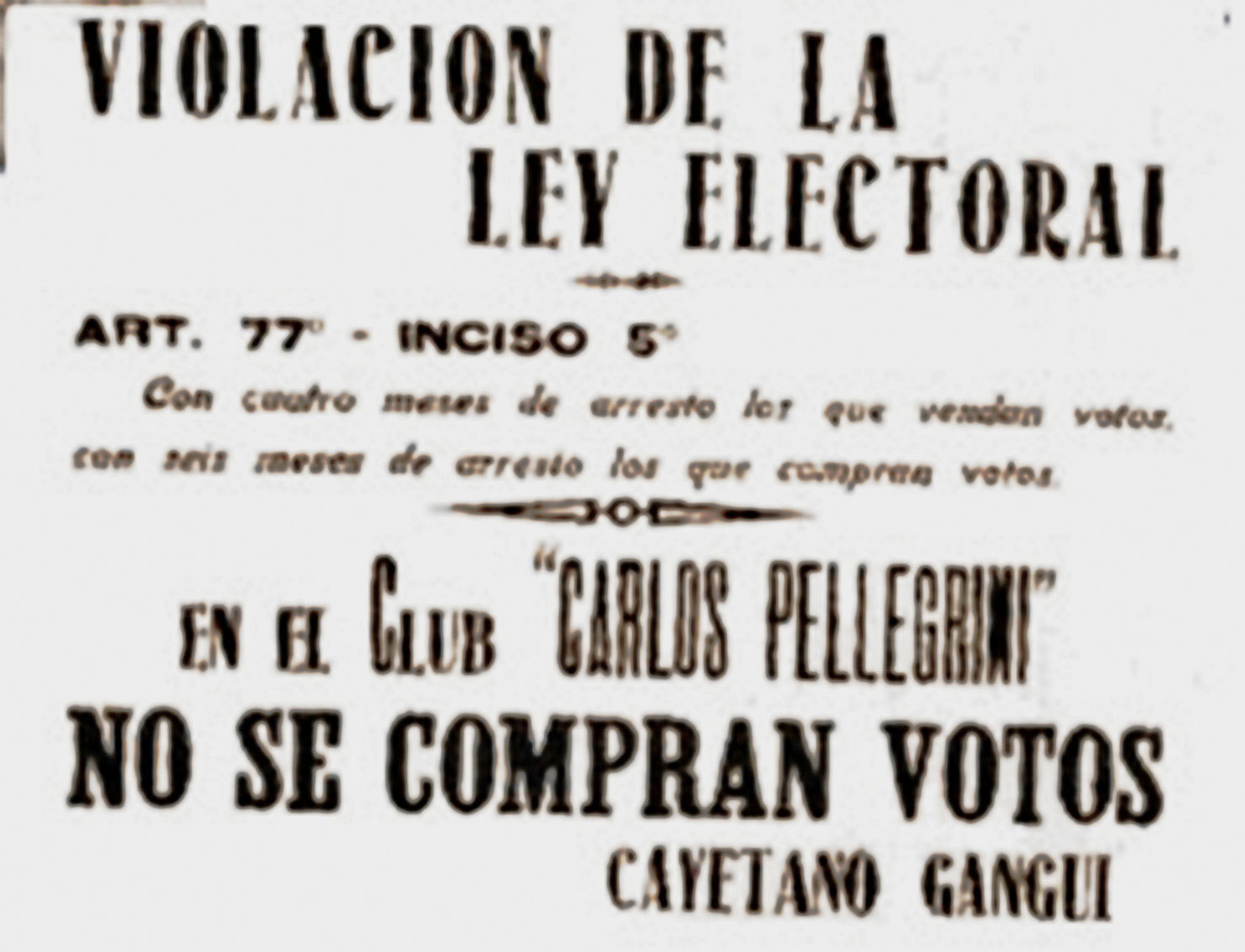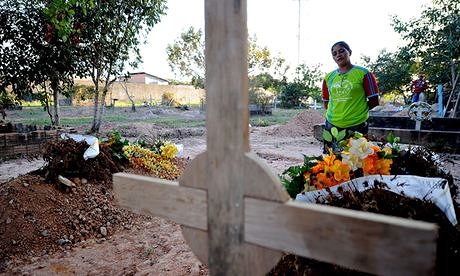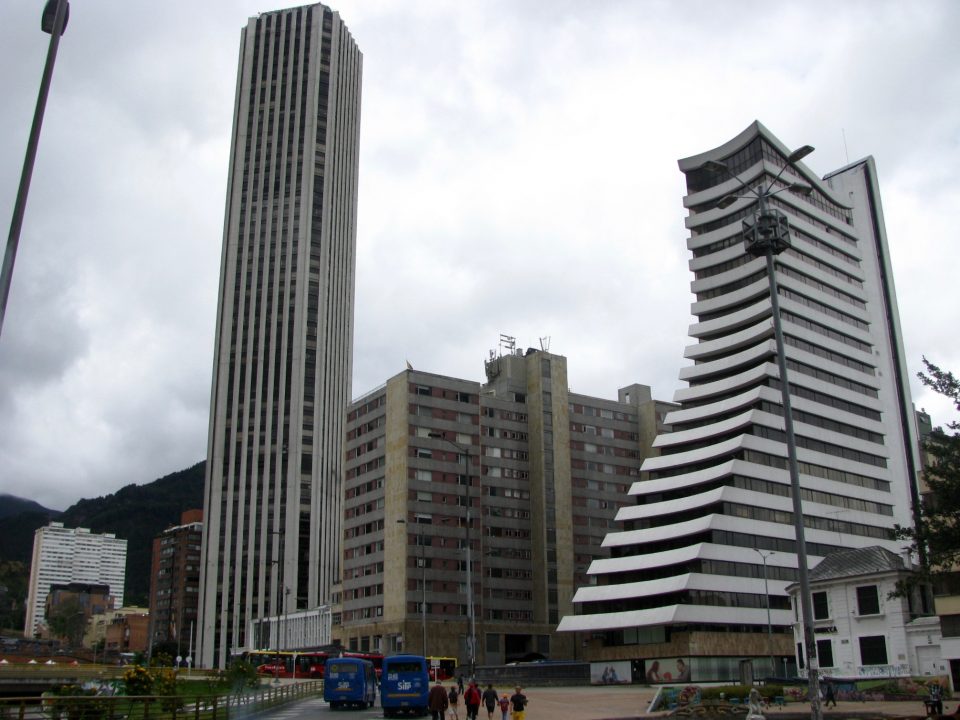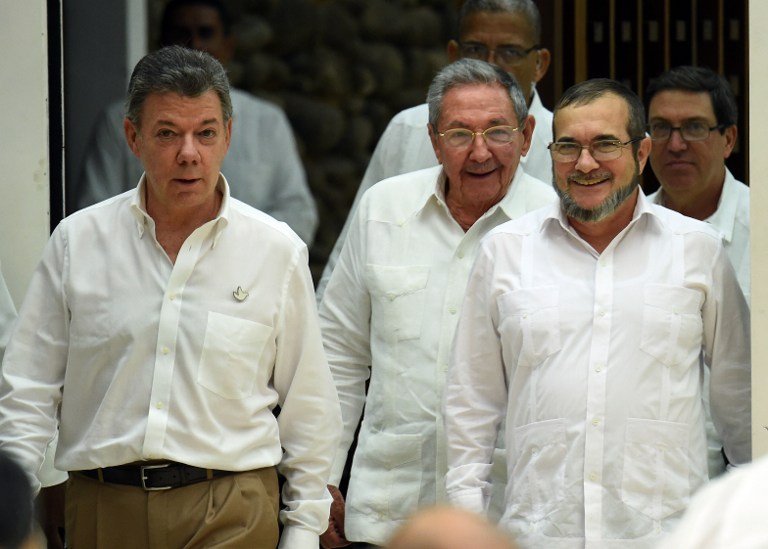
This 1916 poster from Argentina shows that vote buying is nothing new. Photo: WikiCommons
The spectres of abstention and vote buying have haunted many an election for many a year, and this year looks no different.
Voting is the quintessential element of democracy, the tool with which citizens choose their representatives in government. In Colombia, however, the issue of voting is often thorny. We look at two particular problems in detail below.
Abstention
The percentage of people voting in Colombian elections is not high, especially in recent years. From 1978 to 2014 the participation rate in presidential elections fluctuated between 40-60%, and has not passed 50% since the turn of the century. For the 2014 presidential elections, voter turnout was 40% and 48% in the first and second rounds respectively.
Such statistics tend to indicate a large degree of political apathy and disaffection in Colombia. Numerous studies indicate that there is an obvious correlation between high turnout and voter satisfaction in democracy, whilst populations dissatisfied with their public institutions are more likely to avoid casting their ballot. A survey carried out by the Latin American Strategic Centre of Geopolitics (CELAG) earlier this year revealed that 77% of the population felt dissatisfied with Colombian politics. This trend shows no sign of changing, as, according to Barómetro de las Américas, six out of 10 young Latinos do not trust their country’s democratic institutions.
Yet to attribute Colombia’s absent electorate solely to political apathy is a myopic view. Discontent, after all, is not synonymous with indifference. Abstention can carry a significant degree of political weight, as it can be a symbolic rejection of the country’s supposed democratic process. One’s political principles remain intact and, perhaps most importantly, it ensures that a citizen’s democratic decision does not legitimise corruption.
A glance back at abstention rates over the years, however, suggests politicians remain impervious, despite the Electoral Observation Mission’s (EOM) latest report, which states: “The commitment to reducing the rates of those who abstain from voting requires constant work on multiple fronts on the part of all political actors involved in the electoral process.”
While dissatisfaction is important, it is not the only reason for a high abstention rate. In rural areas, many are simply unable to get to polling stations and exercise their vote. As the 2017 UN report for human rights in Colombia states: “Lack of infrastructure in these areas requires from several hours to days of travel in order to vote, which implies costs to the voter.” That certain individuals are excluded from their democratic right by nature of geographical location is a damning indictment of the country’s electoral system, and the same report identifies how, capitalising on this deficiency, various parties and candidates offer transport to stations, influencing votes. This, conveniently, brings us to the other complication: vote buying.
Vote buying
Vote buying is, as one would expect, the exchange of a vote for a service on a quid pro quo basis. Research has attempted to identify the extent of vote buying in Colombia, and indeed Latin America, but has been hampered by the difficulty of obtaining truthful responses in surveys and investigations. However, there are concrete examples of this practice occurring. Recently, the office of elected congresswoman Aída Merlano in the department of Atlántico was found to contain unlicensed firearms and over COP$260 million.
A further case is that of Laura Ardila, editor of La Silla Vacía, who travelled to Soledad, also in Atlántico, in 2014 to witness vote buying first-hand. She was approached on three separate occasions by brokers offering to buy her vote. There are other instances, too. In assessing the legislative elections earlier this year, the EOM received 1,290 reports of irregularities, many of which were related to vote buying (others included accusations of illegal propaganda in polling stations).
Alongside votes being exchanged for money, they have also reportedly been sold for jobs, food and building materials. The nature of these gifts, bribes or whatever else they may be called is significant in itself, as the moral question that arises out of selling one’s vote may pale into insignificance for financially struggling individuals. Additionally, many cases of the cases of vote buying have been in rural communities, particularly on the Caribbean coast.
This brings a bigger issue into play. These areas are usually economically disadvantaged with poor access to education, which makes it easier for politicians to benefit from vote buying. By maintaining their constituencies in such situations and leaving individuals dependent on their handouts, there is little incentive to improve public services and general living conditions.
A likely low turnout and inevitable allegations of electoral irregularities mean that the result of this election will be affected by a democratic process sown with obscurity and confusion.





